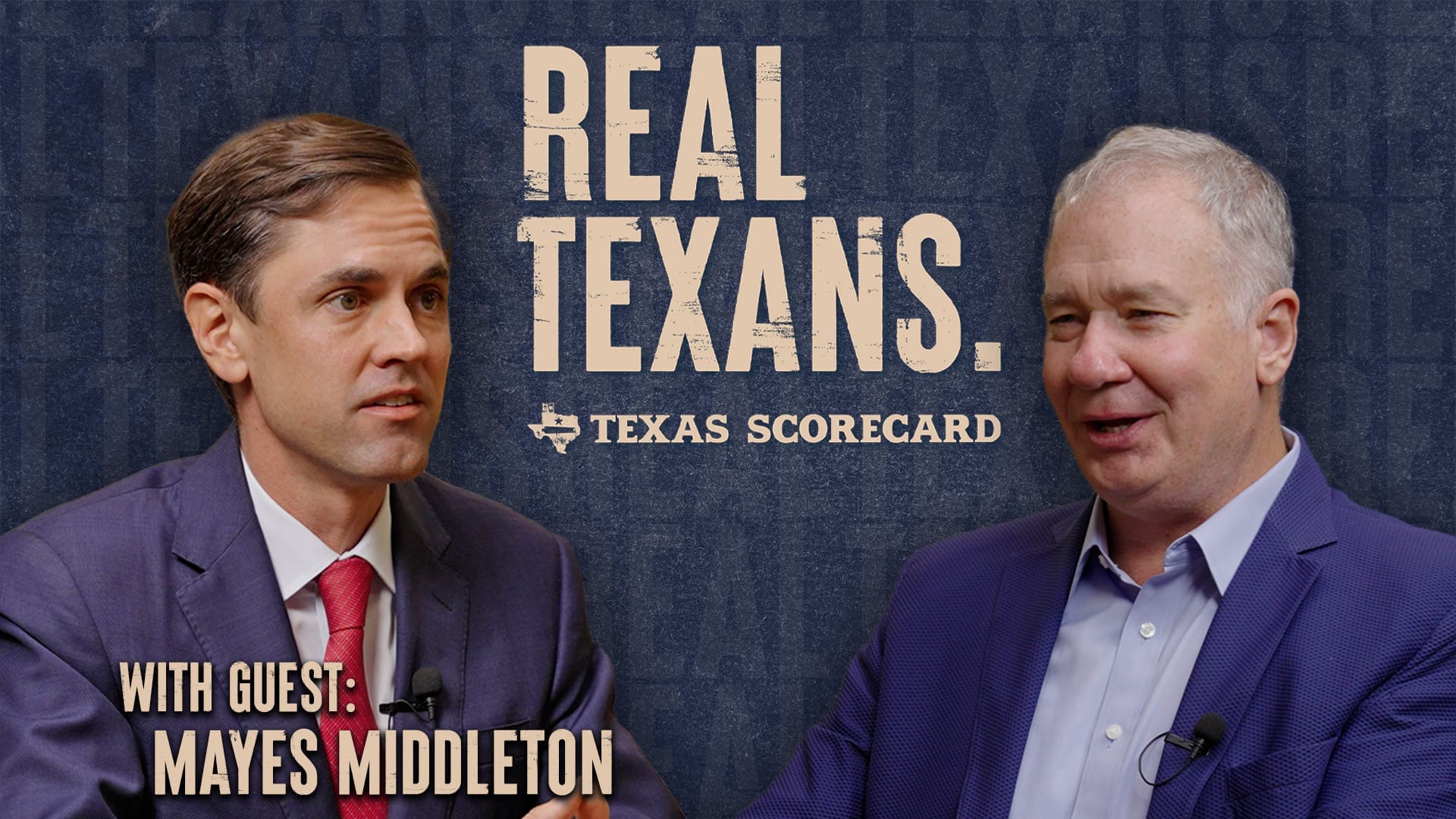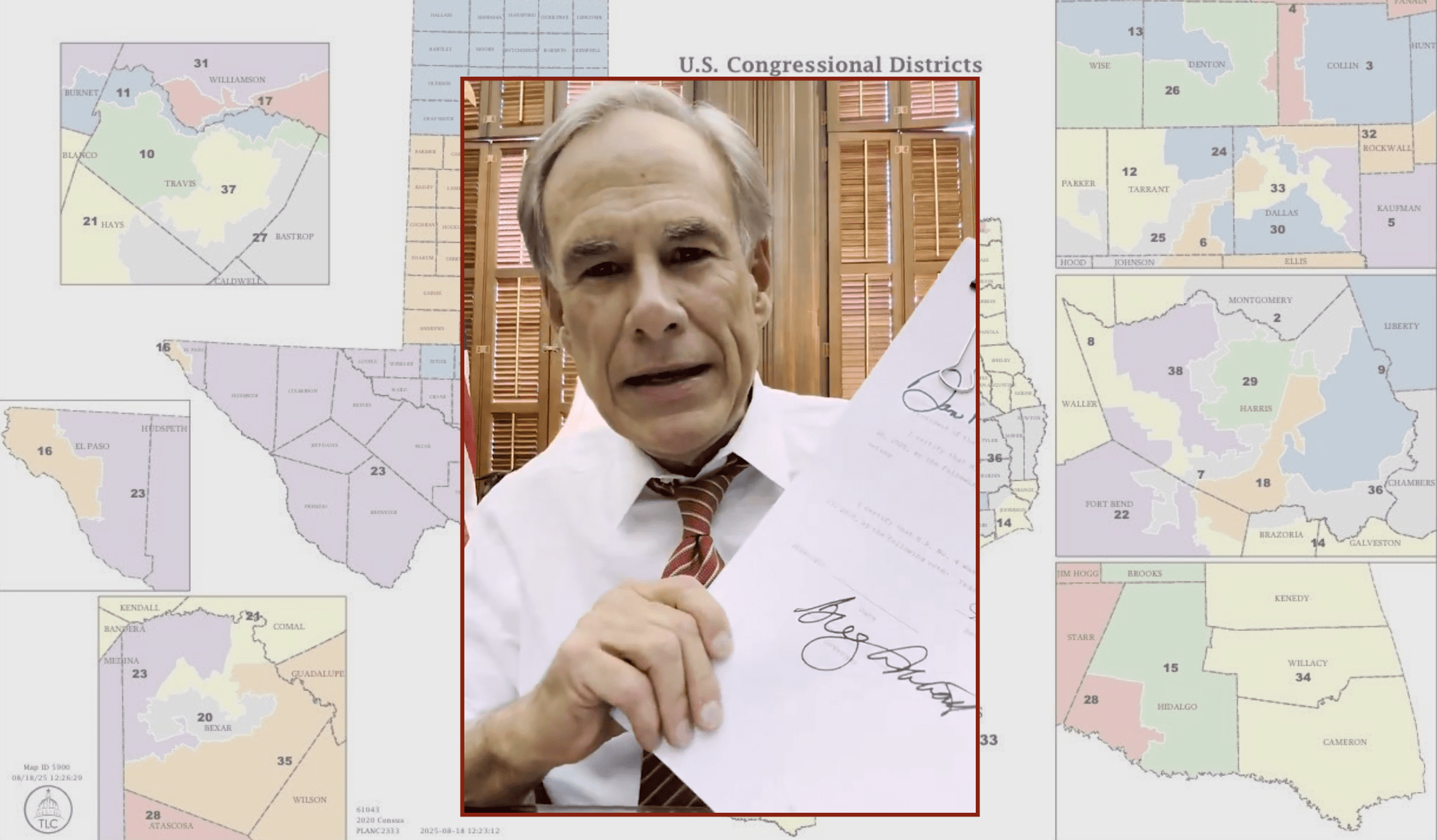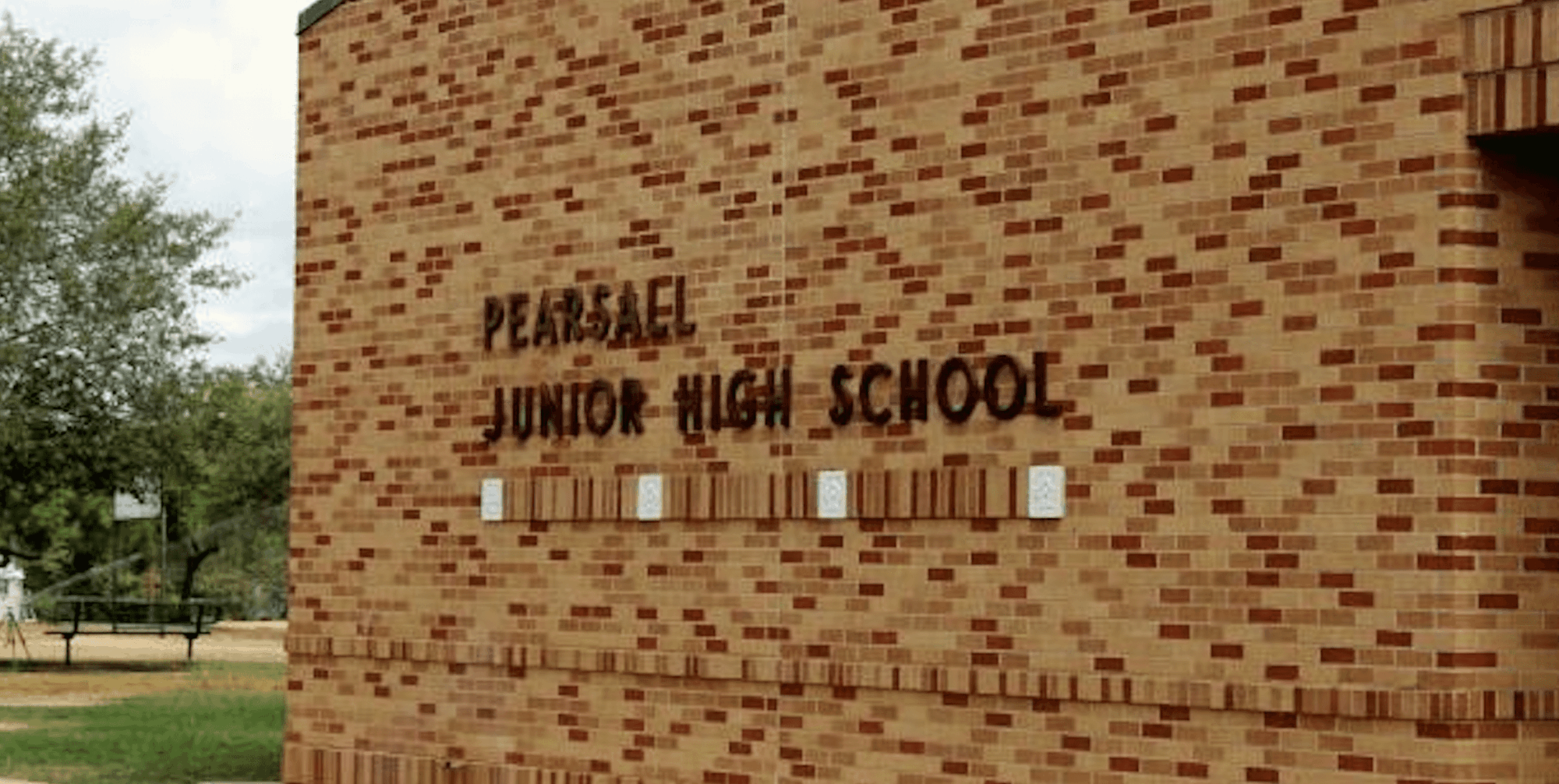Lawmakers have only recently come under fire for a decades-old practice in the Texas House: ghost voting. This is where someone votes for an absent colleague. It often happens with the consent of the absent (but not always), and usually in the manner the member would have voted (though sometimes not) — but that doesn’t necessarily make the practice palatable. The members must be accountable for their votes, and whining about ghost votes cast is a lot like a kid who complains he shouldn’t fail because someone else did his homework.
With that said, ghost voting isn’t a very pleasant practice. There are legitimate reasons why a lawmaker isn’t on the floor, ranging from going to the bathroom to meeting with constituents, but at the end of the day, most of us footing the bill kind of expect legislators to cast their own vote on the issues facing the state. That is, after all, the job they signed up to do and the responsibility they accepted.
State Rep. Tony Goolsby is proposing a system that would scan the fingerprint of every legislator, to eliminate the possibility of ghost voting. The cost could be in the half-million dollar range. If the solution sounds a little like squashing a fly with a sledgehammer, it’s because it probably is.
Rather than focus on the mechanics of the legislative process, all of us in the public should be more concerned with the votes that are cast. Once legislators find they are being challenged on their votes, they’ll stop being absent and letting their buddy vote for them. The cheapest way to ensure lawmakers do their own voting is to challenge them on their votes.
A more vile problem is the number of lawmakers who legislate under the influence. After we get this fancy fingerprinting system in place, maybe we should demand a breathalyzer before voting.




